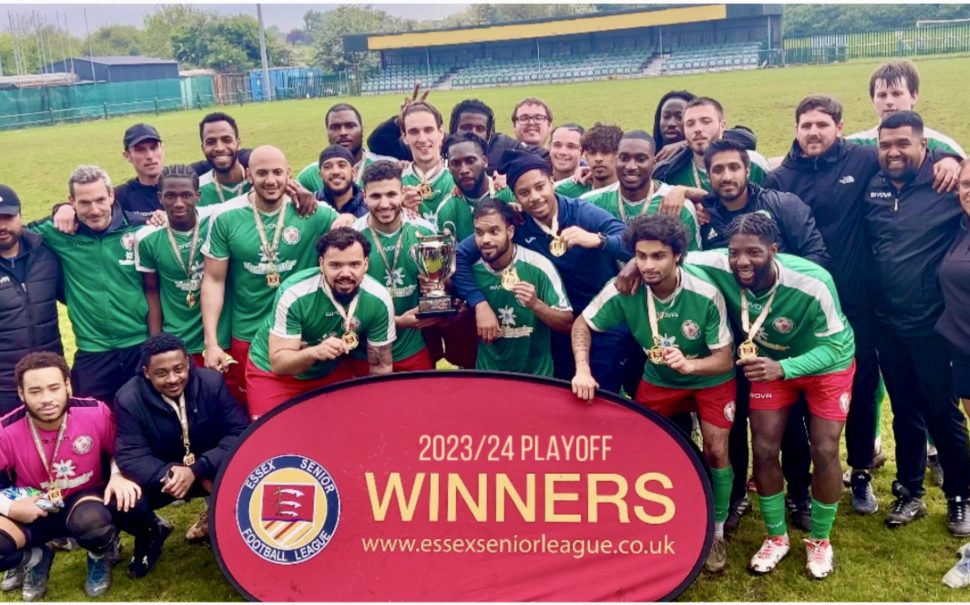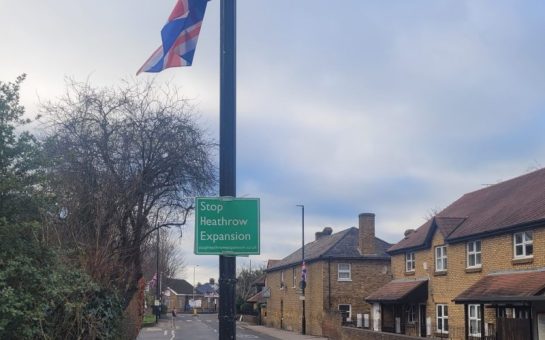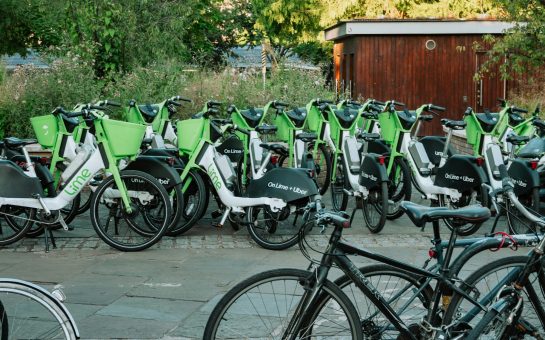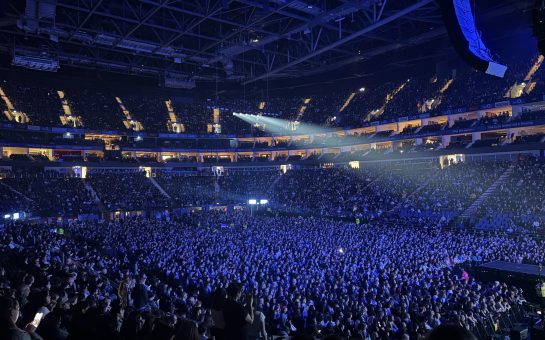East London is leading the rise of the British South Asian community in English football after years of underrepresentation throughout the professional game.
Sporting Bengal United, formed to increase Asian involvement in the sport, are pioneers of this rise earning promotion to step four of the non-League pyramid for the first time as well as the FA Cup.
The 2023/24 season saw a 29% increase in the amount of South Asian representation across England’s top four leagues from 16 in 2021 to 22, but there is still work to be done.
Sporting Bengal secretary Shakil Rahman said: “There was a realisation that [Asian] talent was being wasted with the [Bangladesh] divisions that existed and a solution was required to tackle these divisions.”
Sporting Bengal, based in Mile End, are the third-highest-ranked club in east London after professional outfits West Ham United and Leyton Orient.
Founded as a community club, the Bengal Tigers worked with members of football organisations in the area to break into mainstream football.
In only eight years, Sporting rose from amateur Sunday league level to Isthmian League North in the semi-professional ranks.
A total of 4.1 million South Asians live across England and Wales, and east London boasts three of the top five most populated areas.
South Asians represent 41% of Redbridge, 39% of Tower Hamlets and 36% of Newham, and the successful transition into sporting environments is smoother than some face elsewhere as many barriers have already been broken down.
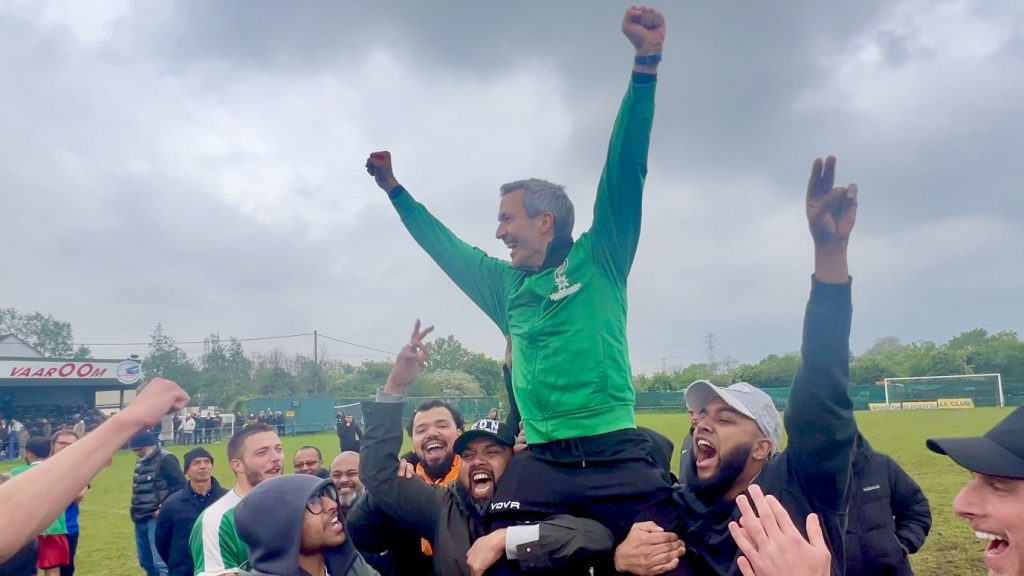
Common misconceptions that South Asians would rather play cricket than football persist, yet over twice as many adults in that demographic play the latter than the former.
There are also stereotypes that their diets are not appropriate to create footballers or their families care more about education.
However, as second and third-generation families develop in England, more parents are actively involved in their children’s football and are prepared to spend time and money on coaching.
Rahman said: “In most cases, South Asian footballers do not have the physical attributes that club’s may be looking for, and therefore need to work harder to be in better shape and have to excel technically.”
Tower Hamlets and Newham Councils both run successful community programs tackling racism, inequalities and disproportionality in the boroughs.
These have allowed specific support to be given to ethnically-diverse people to help them become better connected with the community and more active.
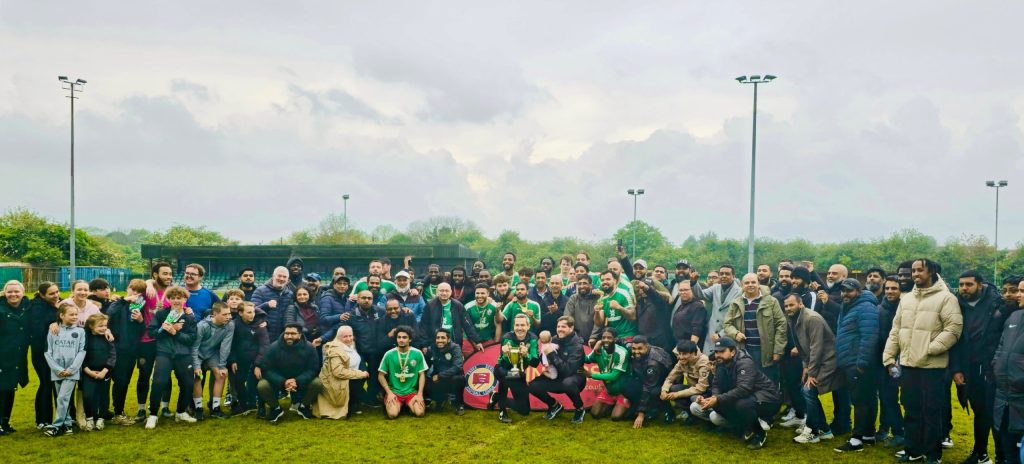
Imrul Gazi is Sporting Bengal’s most successful manager, overseeing the club’s promotion to step five as well as reaching the first qualifying round of the FA Cup in 2017.
He said: “Sporting Bengal is a community club and, for me, it was vital we saw that being represented on the pitch.
“As one of the only Asian managers at non-league level, if I didn’t introduce Asians kids into the club especially when, in Tower Hamlet, we have one of the biggest Bangladeshi communities in the UK, it would be wrong.
“So, for me, that was my proudest achievement, getting kids from all backgrounds playing but most importantly having four or five South Asians in every matchday squad.”
Despite the success in east London, the numbers around the rest of the country are less encouraging as fewer than 1% of around 5,000 professional footballers in the UK is of South Asian heritage.
Only six British South Asians were given more than 90 minutes across the top four English leagues in the 2022/23 season, too.
Isthmian North league equality, diversity and inclusion director Lee Vehit said: “There are tens of thousands of talented South Asians playing the game up and down the country and it isn’t a lack of talent which is stopping them from progressing, it’s the lack of opportunity to showcase that talent.
“Clubs throughout the football pyramid need to assess and evaluate whether their clubs fully represent the areas they sit within.”
“The biggest barriers are the lack of representation and opportunity for South Asian people to enjoy the game at all levels.
“There needs to be a willingness from clubs to create welcoming environments for people of all protected characteristics in all aspects of football.”
In response to the low numbers of professional South Asian footballers, the Premier League established the South Asian Action Plan focusing on increasing representation in the academy system.
As of April 2025, more than 3,000 children and 400 grassroots coaches have engaged in the South Asian Action Plan, with 24 Premier League and EFL clubs involved.
Gazi worked with the FA and anti-racism organisation Kick It Out over the past decade to raise awareness of issues in grassroots football, but believes there are many problems still to be irradicated.
Gazi said: “I’d like to think I played a big part in making people aware of the issues around racism within the community.
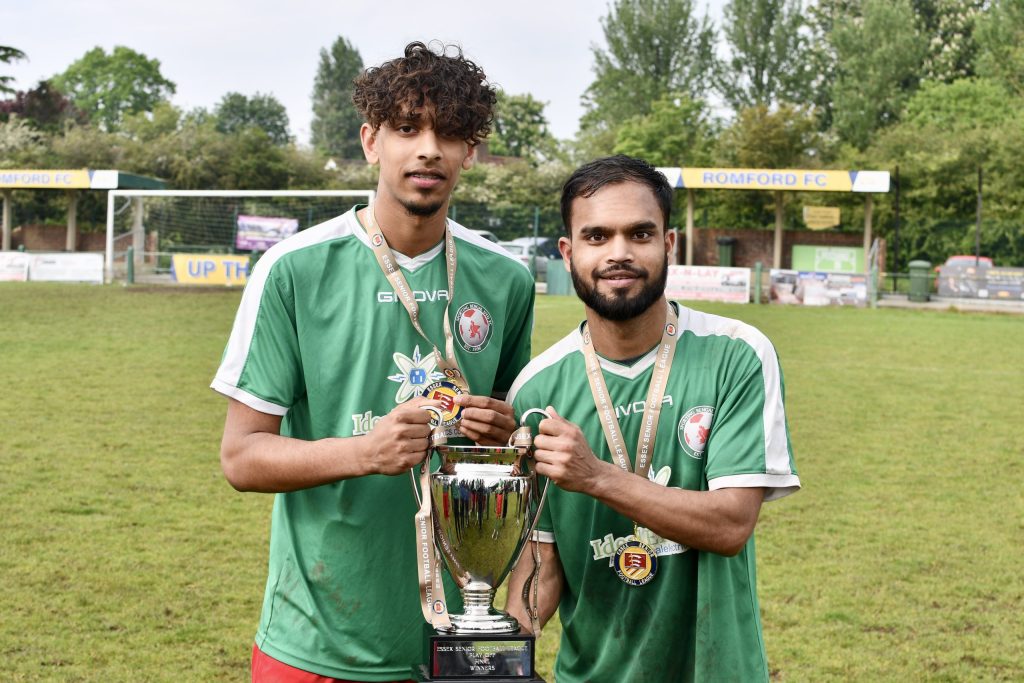
“There are definitely still issues in grassroots football, they are just different to what they were 20 years ago.
“We’re seeing these issues in mainstream football, so what makes you think they aren’t prevalent in grassroots football? You can bet your bottom dollar, it’s 100 times worse.
“You don’t hear all of the stories because people who have experienced racism are too scared to report it because it’s too much work.
“Nothing has changed, there is a lot of talk around dealing with racism but when a team or individual experiences it, the process is just too long.
“It makes the victim feel like they are the ones that have done wrong. That’s how I felt each time I went through it and I know from speaking to people up and down the country, that’s how everyone feels.
“Unless it is blatant and in your face people won’t report it because it is too much bureaucracy for nothing to come of it anyway.
“There needs to be change at the top.”
The FA underlined the steps they have taken to combate discirimination at grassroots level, including a programme brought in for this season.
An FA spokesperson said: “We strongly condemn any abusive or unacceptable behaviour, either on the pitch or from the sidelines, and we have clear standards of behaviour which we expect all grassroots football clubs, coaches and players to follow.
“This season, we have introduced a new behaviour improvement programme and penalty points accumulation charges in the grassroots game, identifying the worst offending clubs for incidents of behavioural offences such as spectator behaviour and dissent, along with poor overall matchday respect scores.
“This builds on the steps taken last season to allow for deductions of league points from clubs that are repeated offenders of serious misconduct.
“This is a collective responsibility and we welcome and fully support action taken by leagues and clubs to help tackle this unacceptable behaviour in our game.”
Kick It Out were contacted for comment.
Feature image credit: Sporting Bengal United
